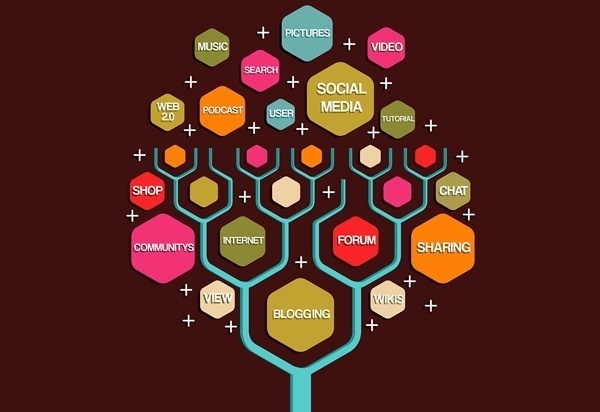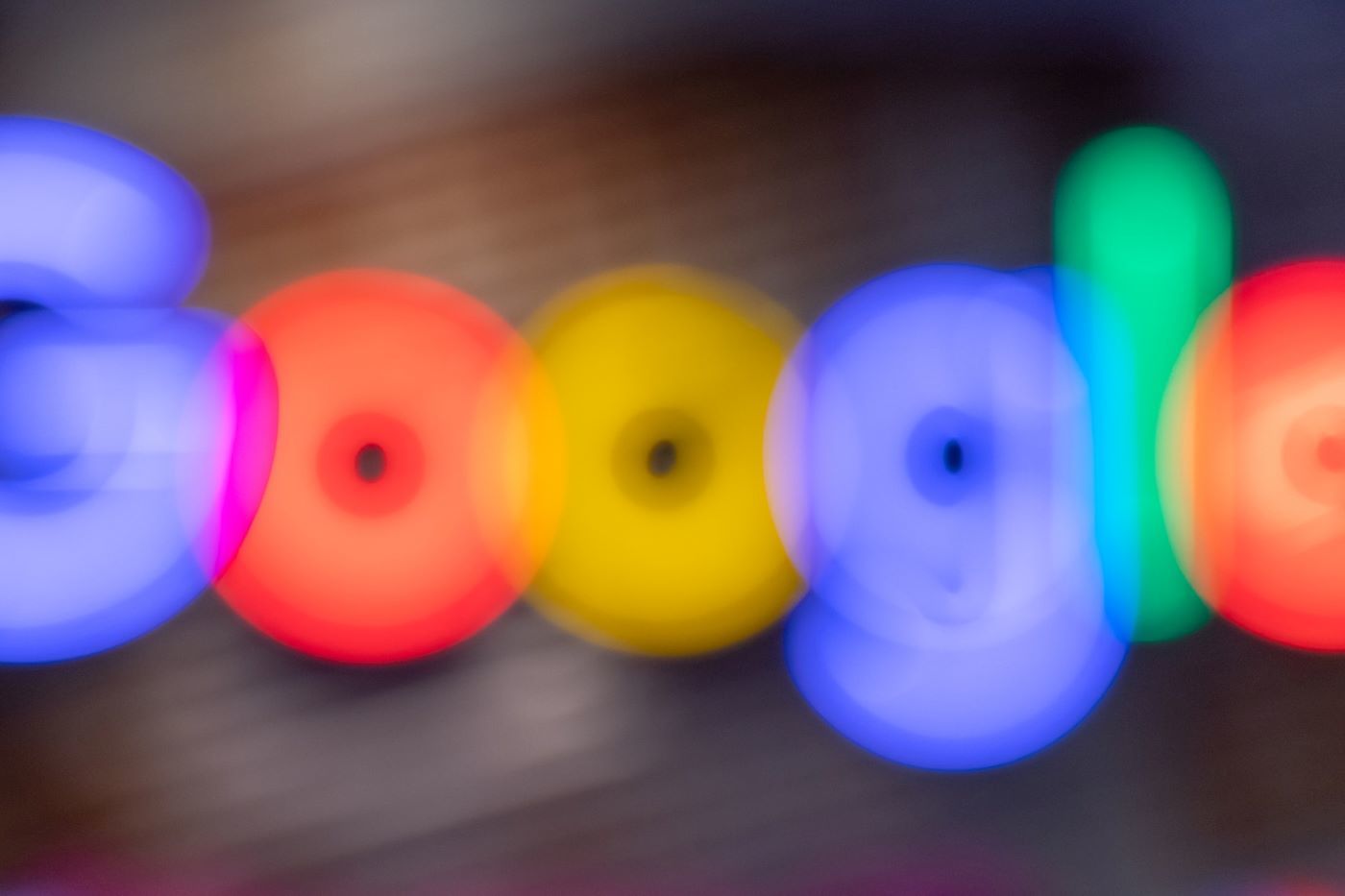Is Your Content Invisible?
If your SEO strategy is still built around traditional rankings alone, you might already be invisible where it counts.
With the rise of AI-powered answer engines like ChatGPT, Google Gemini, Perplexity, and Google AI Overviews, users are getting direct answers, often without ever clicking through to websites. So, where does your brand fit in?
In short: if you’re not being cited, you’re not being seen.
Let’s unpacklook how these engines decide who to cite, why, and what you can do to make sure your brand isn’t left behind.
Why AI Search Visibility Matters More Than Ever
Let’s start with the data.
With the arrival of Google’s AI Overview, the MailOnline saw a 43.9% drop in desktop click-through rates, even when they were cited. They are a major publisher and so if they can be impacted, so can you.
It’s clear this isn’t just a big-brand problem. Your traffic could be affected by AI Overviews, too.
AI Overviews are taking up huge amount of space in the SERPs already and at Koozai we believe this is only going to increase. Perhaps even to the point that the entire SERP will be personalised for you and made up of only overviews and citations. That’s why it’s more important than ever to audit your current visibility and optimise for AI-driven search.
How AI Search Engines Work
AI search engines like Google Gemini, ChatGPT, and Perplexity are rewriting the rules of search. They’re creating answers. And if your brand isn’t in those answers, it’s like you don’t exist. think about it, why would you scroll down to find the organic listing if you’ve already got your answer up top, front and centre. You wouldn’t and neither will your customers.
Understanding the AI Ecosystem
These AI search engines are trained on vast datasets, but they’re picky about where they pull their information. Here’s a quick look at how the major players operate:
- ChatGPT (OpenAI): Prefers high-authority sources like Wikipedia, Reuters, and academic journals. It’s all about credibility.
- Google Gemini: Loves user-generated content (UGC) platforms like Reddit, Quora, YouTube, and LinkedIn. It’s about engagement and fresh perspectives.
- Perplexity: Values niche blogs, expert sites, and review platforms. It’s the researcher of the group, always hunting for specialised knowledge.
How They Decide What to Cite
So what makes one source more likely to be cited than another? It comes down to four key factors:
- Authority: Trusted sites like Wikipedia, government websites, and well-established news outlets are prioritised.
- Relevance: Content that directly answers user questions is favoured.
- Engagement: For AI like Google Gemini, highly interactive platforms (like Reddit) are gold.
- Trustworthiness: Consistently accurate, well-sourced content has the edge.
Why Your Brand Might Be Missing Out
If your brand isn’t being cited, it’s probably because:
- You’re not being mentioned in credible, high-authority sources.
- You’re not part of the conversations on UGC platforms.
- Your content isn’t directly answering the questions people are asking.
What AI Search Engines Are Looking For (and What They Avoid)
Each major AI engine has distinct preferences when it comes to sourcing content.
ChatGPT: The Authority Seeker
Top sources: Wikipedia (27%), Reuters (6%), Financial Times (3%)
Avoids: UGC, forums, vendor blogs
Likes: Well-cited, high-authority, fact-based content
Build a strong presence in trusted publications and invest in digital PR to get mentioned where it matters.
Google Gemini: The Balanced Synthesiser
Top sources: Blogs (39%), News (26%), YouTube (3%), Community content (Reddit, Quora)
Special trait: Mixes expert opinions with community insights
A solid content marketing strategy and visibility across UGC platforms can improve your citation chances.
Perplexity: The Expert Curator
Top sources: Blogs (38%), News (23%), Expert review sites like NerdWallet and Investopedia
Likes: Specialised, in-depth content and reviews
Focus on publishing thought leadership and expert-led guides on niche sites and make sure your product pages are helpful, not salesy.
Google AI Overviews: The Broad Aggregator
Top sources: Blogs (46%), News (20%), Reddit, Quora, YouTube
Interesting stat: Reddit is the most-cited single site, and 82.5% of citations go to deep, content-rich pages
Ensure your site has detailed landing pages, comparison guides, listicles and FAQs. Our AI Overview optimisation audit can help with this.
B2B vs B2C: Intent Shapes Citations
Your sector also influences where you’re likely to get cited.
B2C brands often show up in Reddit threads, YouTube videos, and community Q&As.
B2B companies are more likely to be cited in expert blogs, industry news, and professional platforms like LinkedIn.
That means your channel mix matters. You might need paid search or paid social alongside SEO to increase visibility in the right places.
What You Can Do Now
Here’s how to take action:
1. Audit Your Current Visibility
Start by checking how (and where) your brand appears in AI tools like ChatGPT, Google Gemini and Perplexity. You can do this manually or work with a team like ours to run a full AI audit and traffic triage.
2. Build Authority
If you’re not already appearing in high-authority sites, it’s time to level up your SEO and PR efforts. Think about guest articles, thought leadership, expert roundups and brand mentions in trusted media.
3. Diversify Content Across Channels
From YouTube to Reddit, LinkedIn to Quora, your presence on community and expert platforms could be the difference between getting cited or not.
AI Is the New Gatekeeper. Make Sure You’re Let In
This isn’t about abandoning traditional SEO. It’s about evolving it.
AI engines are now the curators of the internet and the brands they cite are the ones that will do well. But citations aren’t given; they’re earned. By becoming consistent, credible, and visible across the right platforms, your brand can secure its place in the AI search landscape.
Want to see all the tactics in one place?
Download our free whitepaper: Mastering AI Search: How to Make Your Brand Unmissable
It’s packed with research, platform-specific tips, and practical steps to help you take control of your AI search visibility.







Leave a Reply